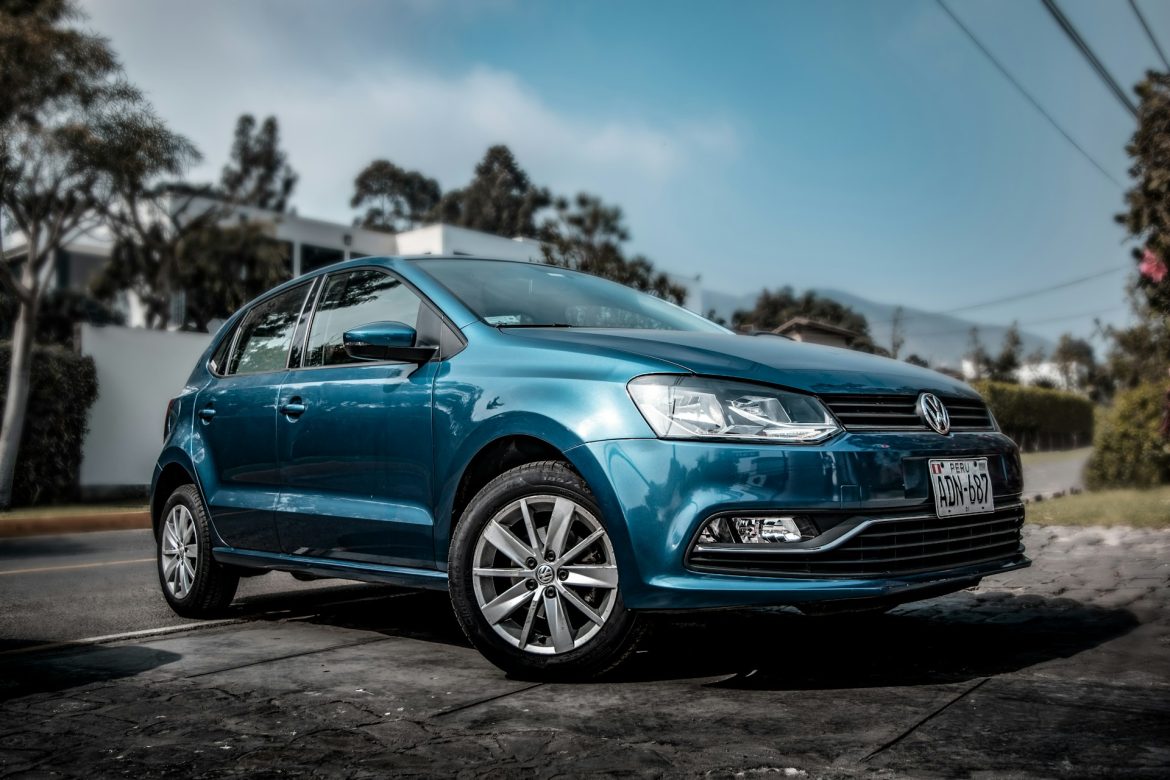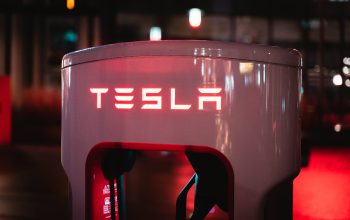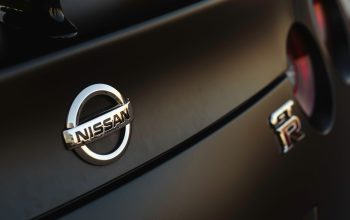VW Group Claims Nearly Half the Market
Volkswagen has solidified its position as the undisputed leader in Germany’s electric vehicle (EV) market. In the first half of 2025, 46% of newly registered electric cars came from VW or one of its subsidiaries, according to figures from Germany’s Federal Motor Transport Authority (KBA). This marks a significant rise from the previous year, when the group held a combined market share of just under 32%.
BMW Secures Second, Tesla Falls Behind
In second place is another German automaker, BMW, including its British subsidiaries Mini and Rolls-Royce, with just over 11% market share. Meanwhile, Tesla suffered a dramatic decline. Once the second-largest EV seller in Germany with nearly 12% share a year ago, the American manufacturer saw its share drop to just 3.6%, sliding down to eighth place among car brands.
Brand-Level Dominance of the VW Group
While Volkswagen has long dominated the broader German car market with an average share of around 40%, its performance in the electric segment had historically lagged. That’s no longer the case. VW’s EV registrations now closely mirror its traditional market strength, signalling a significant shift in its electrification strategy.
A closer look at brand-specific figures highlights VW’s dominance even more. The top five brands in EV sales include four from the Volkswagen family, with the core brand Volkswagen leading the pack. Only BMW breaks the sequence, claiming second place—just narrowly ahead of Škoda, another VW subsidiary.
VW Leads the Way by Model as Well
This trend continues at the individual model level. The six best-selling EVs in Germany during the first half of 2025 all come from VW brands, with the ID.7 securing the number one spot. BMW’s X1 takes seventh place, while Tesla’s Model Y—once the top-selling electric car in the country—has now fallen to ninth.
A New Era for Volkswagen in EVs
Volkswagen’s dominance in its home market is not new, but its rise in the electric segment represents a key milestone. For years, the company’s EV offerings lagged behind its internal combustion engine lineup in terms of popularity. Now, the tide has turned. The Wolfsburg-based manufacturer not only commands a greater EV market share than ever before but also outpaces its own performance in the broader market by over four percentage points.
BMW Under Pressure from Škoda
Although BMW remains in second place overall, the competition is intensifying. In fact, its lead over Škoda in the first half of the year amounted to just 213 vehicles. It’s a tight margin, especially as Škoda has benefitted from strong demand for its new models.
The comparison isn’t entirely apples to apples—BMW focuses on the premium segment, while Škoda caters to the mass market. Still, when lined up against other premium brands like Audi and Mercedes-Benz, BMW’s advantage becomes clearer. Both rivals trail by several thousand units, ranking fourth and sixth respectively.
Tesla’s Decline Highlights Shifting Landscape
Tesla’s steep drop in Germany reflects broader challenges for the American EV pioneer. Once a leader in Europe’s electric revolution, the company is now losing ground to established European carmakers adapting quickly to the new era. With local brands offering increasingly competitive electric models and benefitting from domestic loyalty, Tesla’s position has weakened considerably.



